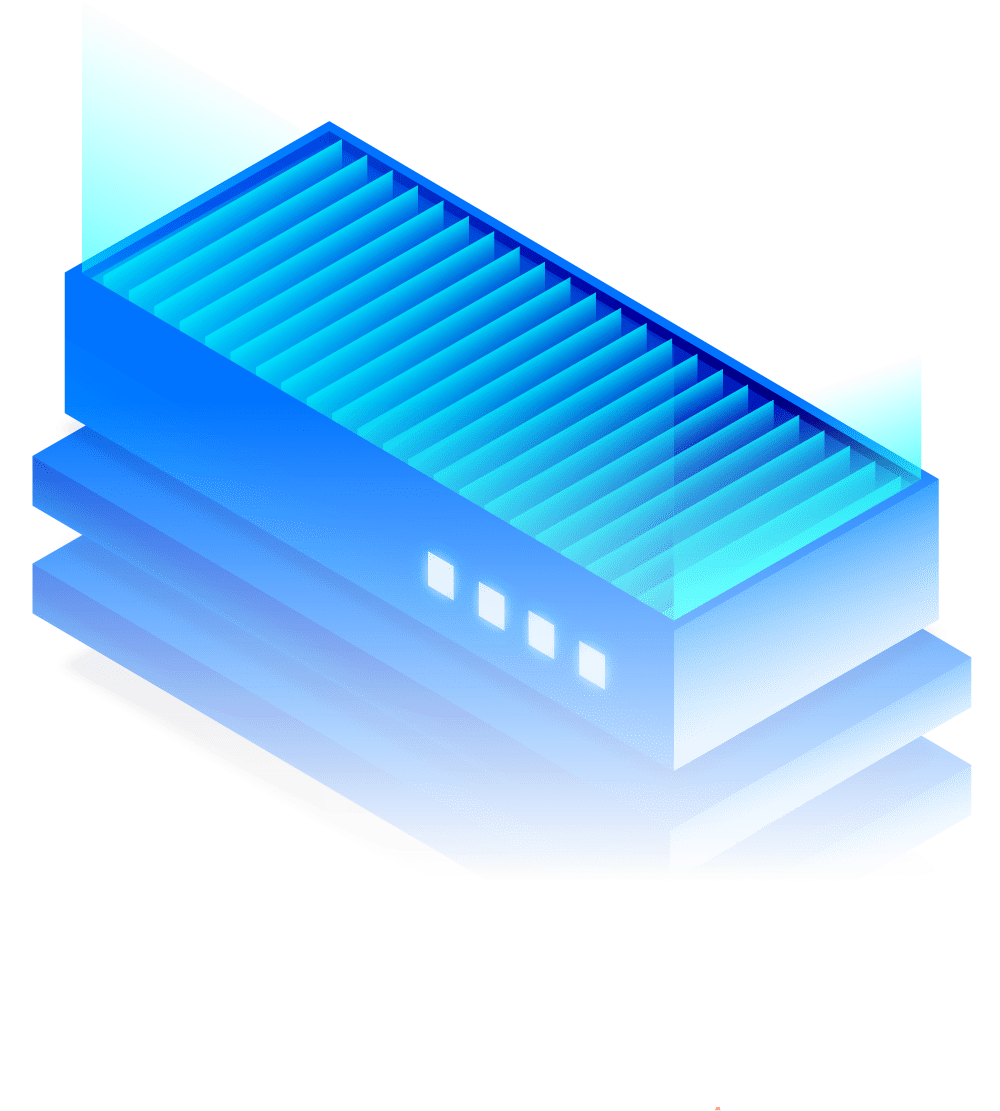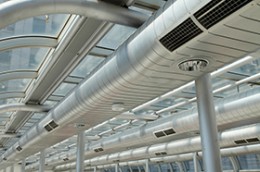Heating & Cooling
413-789-9305

INDOOR AIR POLLUTION AND HEALTH
Courtesy of the EPA (www.epa.gov) Health effects from indoor air pollutants may be experienced soon after exposure or, possibly, years later. Immediate effects Immediate effects may show up after a single exposure or repeated exposures. These include irritation of the eyes, nose, and throat, headaches, dizziness, and fatigue. The likelihood of immediate reactions to indoor air pollutants depends on several factors. Long-term effects Other health effects may show up either years after exposure has occurred or only after long or repeated periods of exposure. Mold It is important to understand how to control and prevent mold and moisture in your home. Below is some abbreviated and basic information gathered from the EPA. Guide to Basic Mold Information and Prevention:- The key to mold control is moisture control.
- Clean up the mold promptly and fix the water problem.
- Dry water-damaged areas and items within 24-48 hours to prevent mold growth.
Helpful Hints
These hints can help homeowners save money and energy all year long. Following these tips will help you maintain maximum comfort and prevent your equipment from overworking itself.
General Tips for All Seasons
Consider a programmable thermostat to save you money and maintain a consistent climate in your home and keep your HVAC system well-maintained.
Summer Tips
Have your equipment inspected before the first heat wave comes. AC units can only cool down an area so quickly, so make sure you do not wait until your home is unbearably hot before turning it on.
Winter Tips
According to the U.S. Department of Energy, you’ll save one percent of your total heating bill for each degree your thermostat is set back in the winter. Don’t wait to turn your heating system on.

